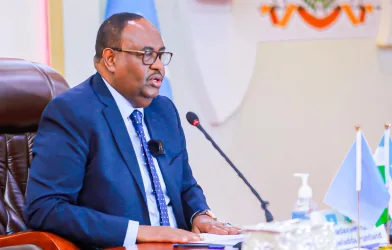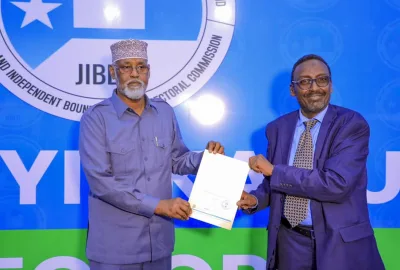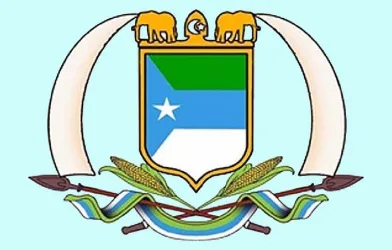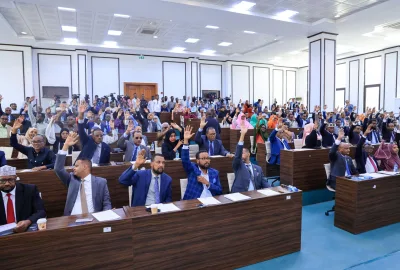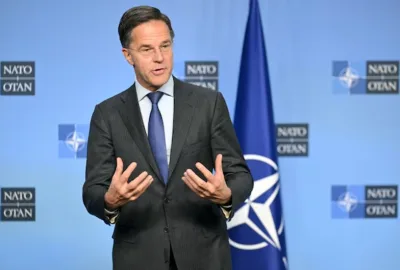the National Consultative Council of Somalia issued a controversial statement. It discussed preparations for implementing a “one-person, one-vote”
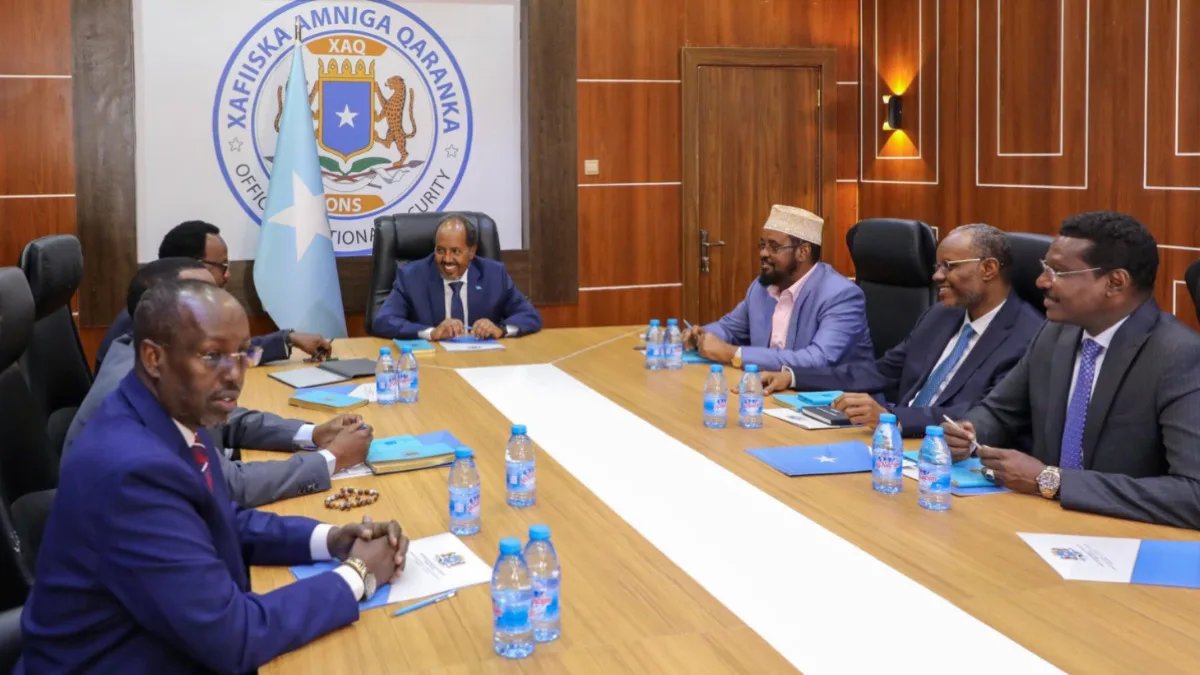
By: Mohamed Abdiqafar Haji Hussein.
On May 25, 2023, the National Consultative Council of Somalia issued a controversial statement. It discussed preparations for implementing a “one-person, one-vote” system in Somalia, extending the terms for both regional and federal governments, and changing the government’s structure.
Somalis had differing opinions about the statement. Some believed that it aimed to centralize the government structure, shifting from the president and prime minister, based on the 4.5 formula, to a president and vice president. Others saw a need to change the current government structure, which had not delivered the expected results to the Somali people. The statement sparked debates among Somalis about the topics it covered.
Two days later, President Hassan addressed the parliament. Those who listened to him without first reading the statement tended to agree with him. He told the parliamentarians what they wanted to hear, presenting himself as willing to do the right thing. He explained that the decision reached by the National Consultative Council was a political agreement; it was an initial step before presenting the agreed-upon items to the parliament for discussion.
The council took these steps because Somalia has made no progress in the last 30 years. President Hassan added that radical measures were necessary to move forward, as previous governments had failed to take action. He emphasized that the statement issued by the council was not final or binding; it depended on the parliament, which represented the Somali people. His intention was to take bold steps to start discussions, but the final decision would be made by the Somali people through their representatives in parliament. Anyone who listened to his speech would find nothing to object to.
However, there were significant differences between President Hassan’s speech and the actions he took. He did not mention that not all members of the National Consultative Council agreed on the statement they wanted parliament to discuss. For instance, President Deni of Puntland state did not attend the meeting and did not sign the statement, even though his name was included.
Any political issue or change of government structure should be discussed and agreed upon by all members of the National Consultative Council. Only then should the agreement be submitted to parliament for approval or rejection. If all stakeholders have reached a political agreement, it becomes easier for parliament to approve it.
But President Hassan followed the same path as previous presidents, which has resulted in Somalia’s current condition after over 30 years. This path does not prioritize reaching consensus and it is based on dictatorial tendency. If one or two stakeholders disagree, then instead of allowing time and finding a way to include them in the process, other leaders decide to move forward without the involvement of the opposition.
These leaders knew that these stakeholders were unwilling to compromise — because they see fault — and would not support the leaders’ plan. The only option the leaders saw was to move forward by any means necessary, but it did not produce the expected outcomes for the Somali people. This approach was taken by President Farmajo and President Muse Bihi, and we have seen where it led them.
A recent example was when President Said Abdulahi Deni attempted to hold an election without the consensus of all nine registered parties. When he realized that six parties agreed with him but two parties did not want to proceed with his expedited process, he decided to move forward with the election by stating that the majority agreed to the process.
Similarly, President Hassan’s advisor stated that the majority of the council agreed on the statement, and since President Deni had been invited but refused to attend, the council should not wait. It is unclear where the council agreed on majority rule, or if by their absence members forfeit their rights and finalize the decision.
In the Puntland election, which was not agreed upon by all stakeholders, resulted only 172,000 people voted. Three districts, including the capital, chose not to participate. Three officers have been killed and seven wounded thus far.
President Hassan’s plan of proposed one person one vote is likely to end up similarly to the Puntland election. If Puntland State is not on board, it is well-known that the election will not take place there. What is the purpose of holding an election that does not include Puntland State, and may face opposition from others against the election process proposed by President Hassan?
The best way for Somalia to move forward is for the leaders to finalize the constitution based on consensus. It was reported that the last time President Deni did not attend a meeting, the council decided to send three regional presidents to meet with him, listen to his concerns, and discuss compromise as a means to facilitate progress for the Somali people. President Hassan was on the right path at that time, but his recent action shows that he was not sincere to begin with.
The Somali people desire a system of one person, one vote. They may want to change the government structure, and they might even consider extending the terms of both regional and federal governments, but only if there is political agreement among all stakeholders. Anything else will result in Somalia taking one step forward and two steps back. President Hassan should seek to bring Puntland and Somaliland to the table if Somalia genuinely desires to move forward.
By: Mohamed Abdiqafat Haji Hissein
Email: mohabdhus(@)gmail.com
USA.


